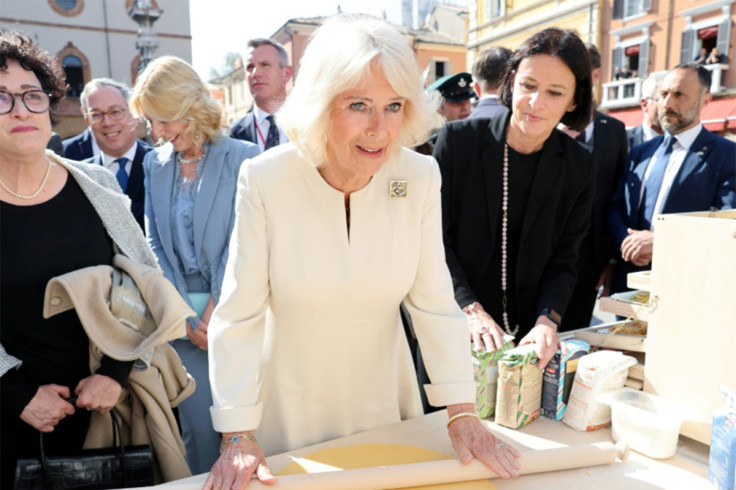
Queen Camilla's sudden decision to pull out of the Duchess of Kent's funeral on 16 September 2025 due to acute sinusitis has cast a spotlight on the physical toll faced by senior members of the royal family. At 78, Camilla's health is understandably a priority, and her decision to focus on recovery over attendance at a high-profile event reflects the delicate balance between ceremonial duty and personal well-being that senior royals must constantly navigate.
Held at Westminster Cathedral, the funeral was a historic and highly symbolic occasion. As one of the first Catholic Requiem Masses attended by the royal family in modern times, it drew attention from across the UK and the world. The Duchess of Kent, who converted to Catholicism in 1994, was a figure whose life and faith represented a unique intersection of royal tradition and religious inclusion. For Camilla, missing such a landmark event was undoubtedly difficult, but medical advice ultimately took precedence.
Historic Significance of the Duchess' Funeral
The Duchess of Kent's funeral was particularly notable for its religious significance, blending Catholic tradition with centuries of royal protocol. The coffin's procession through London and the service at Westminster Cathedral drew numerous royal family members, including King Charles III, who attended in full ceremonial attire. A message from Pope Leo XIV, read aloud by Archbishop Miguel Maury Buendia, offered condolences to the King and praised the Duchess's legacy of 'Christian goodness'. Media coverage emphasised the gravitas of the occasion, from the meticulously coordinated guards to the attendance of prominent family members, and underscored the rarity of such a service in the upper echelons of British royalty.
Camilla's absence, though medically advised, highlighted both her vulnerability and the human side of the monarchy. While senior royals are often expected to appear at major events, this instance served as a reminder that health concerns do not pause for ceremonial obligations.
The Impact of Health on Royal Engagements
Queen Camilla's withdrawal also raises broader questions about the physical demands placed on older royals. With a full calendar that includes public appearances, charitable commitments, and high-profile diplomatic events, even minor health issues can have significant implications. The timing was particularly sensitive, coinciding with the highly publicised state visit of US President Donald Trump, during which Camilla's presence would have been expected.
The decision to prioritise recovery over public duty reflects a careful weighing of risks. Medical professionals advised against attending the funeral, citing that even mild sinus issues could escalate when combined with the stress and exposure involved in ceremonial events. Such decisions, though private, underscore the meticulous behind-the-scenes planning required to safeguard the health of senior royals.
Public Expectations and Media Scrutiny
The Queen's absence inevitably attracted media coverage and public discussion. Social media, news outlets, and royal commentators quickly weighed in on the implications, reflecting the public's enduring fascination with royal appearances. While some expressed disappointment, many acknowledged the human aspect of Camilla's decision, recognising the pressures senior royals face as they balance age, health, and duty.
This situation also signals a shift in public expectations. As Camilla and other older royals continue to fulfil their roles, health considerations will increasingly shape their participation in ceremonial, social, and diplomatic events.
Queen Camilla's withdrawal from the Duchess of Kent's funeral underscores the challenges faced by senior royals in balancing public duties with personal health. Her decision reminds the public and media alike that even those in the highest positions of ceremonial prominence must prioritise well-being to continue serving effectively. This moment illustrates the evolving nature of royal expectations, where compassion for personal health is now seen as equally important as fulfilling ceremonial obligations.







